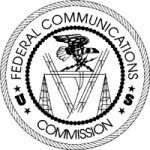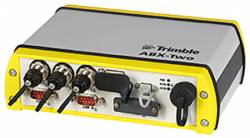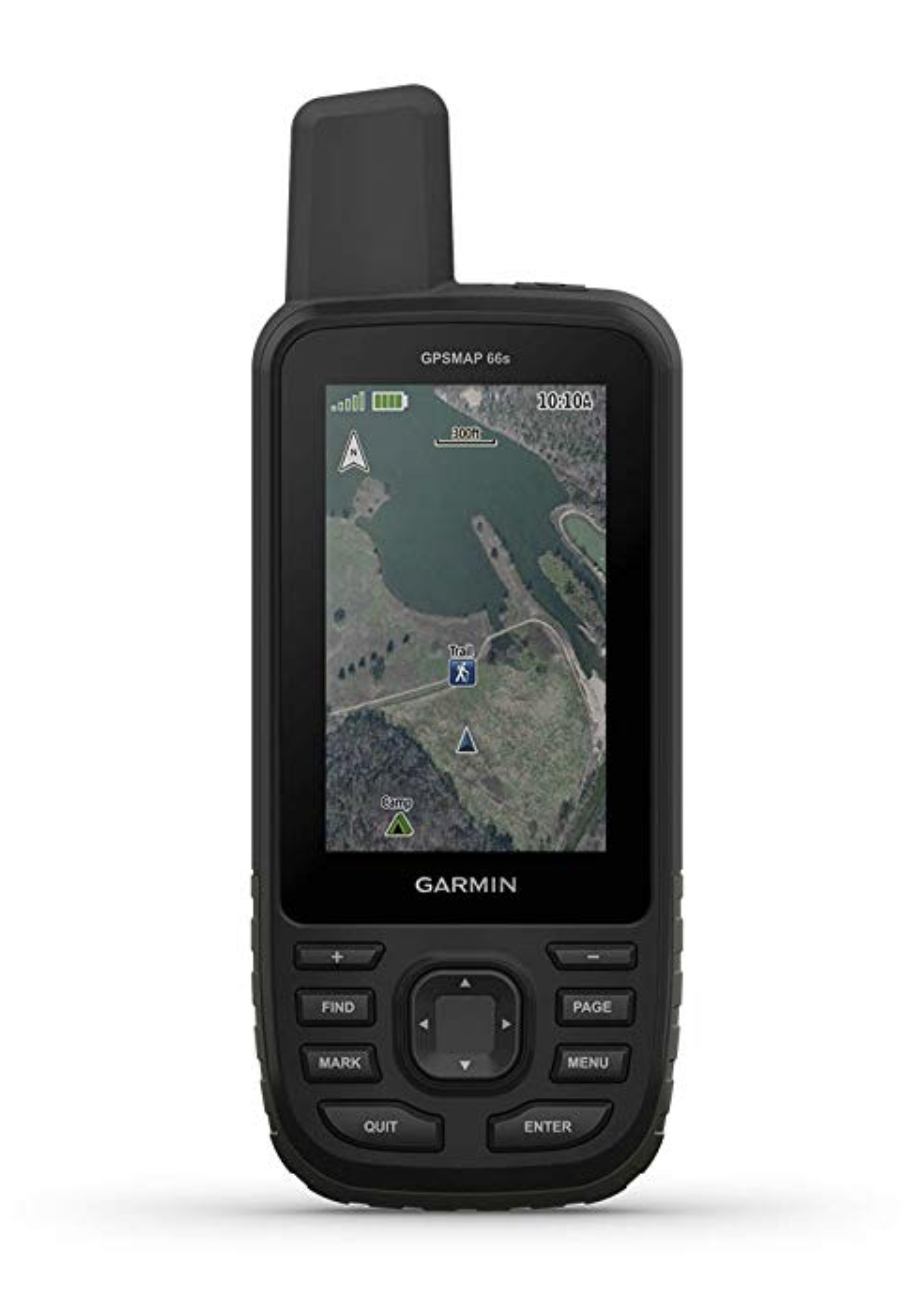
New LightSquared, the firm reconstituted from the original LightSquared wireless broadband company upon its exit from bankruptcy, has proposed a settlement of lawsuits filed against Garmin and Trimble Navigation, which would end most of the company’s legal action against the GPS community.
New LightSquared, the firm reconstituted from the original LightSquared wireless broadband company upon its exit from bankruptcy, has proposed a settlement of lawsuits filed against Garmin and Trimble Navigation, which would end most of the company’s legal action against the GPS community.
LightSquared and an assortment of Harbinger investment funds controlled by Phil Falcone had sued three GPS receiver manufacturers — Garmin, Trimble, and Deere and Company — after it failed to gain approval to repurpose spectrum near the frequencies used by the satellite navigation. New LightSquared, which assumed control of those legal actions in a reorganization plan approved last March, announced a settlement with Deere & Co on December 8 and then dropped a separate but related lawsuit against the federal government a day later.
Late on December 14, New LightSquared filed a motion to dismiss, without prejudice, its lawsuit against Trimble saying the two had "entered into a confidential agreement that resolves the LightSquared action." Neither side admitted to any of the claims.
The announcement today (December 17, 2015) of a settlement with Garmin "marks the end of a number of disputes between the parties over the mobile operator’s use of spectrum for ground-based wireless broadband services," New LightSquared said in a statement.
The lawsuit alleged that GPS receiver manufacturers knew about, but failed to disclose in pre-2010 negotiations with LightSquared, their knowledge of and concerns about the “out-of-band reception” of GPS receivers that gathered GNSS spread spectrum signals in the mobile satellite band as well as the GNSS L1 band.
Tests in 2011 showed the high-powered wireless network proposed by LightSquared would overload a wide variety of GPS receivers — leading the Federal Communications Commission (FCC) to put the broadband project on hold in February 2012. LightSquared filed for bankruptcy soon after.
The three firms, however, were not the only defendants.
Allegations against the Coalition to Save Our GPS were dismissed by the court after LightSquared failed to respond to an argument that as “an informal group,” the coalition lacked the capacity to be sued.
LightSquared and Harbinger had also sued the U.S. GPS Industry Council, an association representing receiver manufacturers. If the proposed settlement agreement is accepted by all parties, including the courts and FCC, that lawsuit would also be dismissed.
Aviation Issues Unresolved
While not all of the details of the settlements with the companies are known, Deere received partial reimbursement of its legal fees and a Garmin spokesman said the firm had received a financial settlement, which they did not discuss further.
For its part, LightSquared has pledged not to use the most problematic 10 megahertz of RF spectrum — that is, the band closest to the GPS frequencies. It will also reduce the power of its signals and lower out-of-band emissions.
Working out a deal with Garmin, however, does not resolve the interference issues involving navigation and landing systems for airplanes — a significant part of the Garmin product line.
In its statement, LightSquared acknowledged that situation, saying it had addressed Garmin’s concerns for its devices "other than certified aviation equipment."
"We understand," said New LightSquared CEO Doug Smith in the statement, "that we need to work with the aviation community to address any outstanding concerns and are committed to working closely with Garmin, the Department of Transportation [DoT], the FAA and others in this community to find a similar peaceful coexistence between the two services.”
In an interview with Inside GNSS Smith said his firm recognized that they would have to go through a process with the Federal Aviation Administration (FAA) to address aviation’s concerns — and that the FAA would control that process.
"We look forward to participating in [the FAA process]," said Smith, "and I’m confident, just like we’ve found ways to coexist with other GPS applications, that we can find a way that not only protects the aviation use of GPS — addresses their concerns — but also allows for the use of our spectrum on the lower channel."
ABC versus KPI
Earlier this year LightSquared had hired spectrum experts Roberson and Associates to test more than 40 GPS receivers as a step in developing a series of receiver interference tolerance masks. The tests, which are ongoing, have been pushed by LightSquared as a better way to approach the interference issue than the Adjacent Band Compatibility (ABC) Assessment being developed by the Department of Transportation (DOT) to determine interference masks by frequency.
But the GPS community in general, and those in the aviation sector in particular, have opposed LightSquared’s approach. One of the key issues is that the ABC Assessment would judge interference by its impact on the signal-to-noise ration (C/N0) — a well-established metric. LightSquared proposed to use key performance indicators (KPI), which purportedly reflect the actual degradation of signal accuracy experienced by the user, a yardstick LightSquared insists is more appropriate.
That assertion has been the subject of tense debate in meetings held by DoT and other organizations such as the RTCA Inc., a voluntary aviation standards–setting body. It has also played out in filings with the FCC, which has yet to make a final decision about LightSquared’s network.
On December 12, 10 of the nation’s largest aviation organizations and operators (See list near the end of this article.) filed a letter with the FCC opposing LightSquared’s testing plan.
The Roberson approach, the Joint Aviation Parties said in a filing to Proceeding Number 12-340, "makes numerous assertions and statements that would fatally undermine the credibility of any results produced."
Aviation receivers, they wrote, are already certified, and there is no requirement to test them further. Moreover, those receivers are tested according to international standards and to test outside of the context of those aircraft performance standards "essentially asks the Commission to unilaterally modify an existing international standard to allow a US-only application."
Roberson’s plan to assess only two certified receivers is also insufficient, said the Joint Aviation Parties, and "fails to fully represent existing system performance across multiple manufacturers, configurations, installations, operating environments, and usage models."
Noting that the LightSquared plan lacked the industry support it needed to give it credibility, the Joint Aviation Parties deemed it self-serving and said they were concerned the plan’s inherent flaws would "produce a false representation of GPS receiver performance." Deploying a commercial mobile wireless system in spectrum near the LI GPS frequency band based on test results stemming from the Roberson plan, they said, "would further complicate operation of critical air safety systems and endanger the flying public and aviation-related commercial activity."
LightSquared also said that it would an alternate testing methodology known as harm claim thresholds (HCTs), an approach that requires receiver manufacturers to build devices capable of withstanding a predetermined level of interference from users in adjacent frequencies.
A Modified LightSquared Approach?
New LightSquared had not publically replied to the Joint Aviation Parties as of press time. When it does, however, the firm appears poised to respond with more changes.
The company has decided to remove certified aviation devices from its test plan, said New LightSquared spokesman Ashley Durmer, "which addresses the concerns expressed about that process."
LightSquared may also be re-assessing its stance on using KPI as a metric — at least where aviation is concerned.
"With regard to the category of certified aviation, the testing and the KPI’s that are, I think, very relevant on the other categories don’t have the same impact," Smith told Inside GNSS.
Although the details of of LightSquared’s new approach remain unclear, Durmer said they would soon file a response to the Joint Aviation Parties letter.
"We are about solving issues and addressing concerns and we made a tremendous amount of progress as evidenced by the Deere agreement, the Garmin agreement and the cooperation agreement with Trimble, said Smith. "We look forward to working with the aviation community to address any concerns they have as well."
The Joint Aviation Parties: Opponents to New LightSquared Testing Approach
Aviation Spectrum Resources, Inc. (ASRI)
Airlines for America (A4A)
Bristow Group Inc. (Bristow)
Cargo Airline Association (CAA)
Federal Express (FedEx)
Helicopter Association International (HAI)
International Air Transport Association (IATA)
National Air Transportation Association (NATA)
Rockwell Collins Information Management Services (Rockwell-Collins IMS)
United Parcel Service (UPS)





